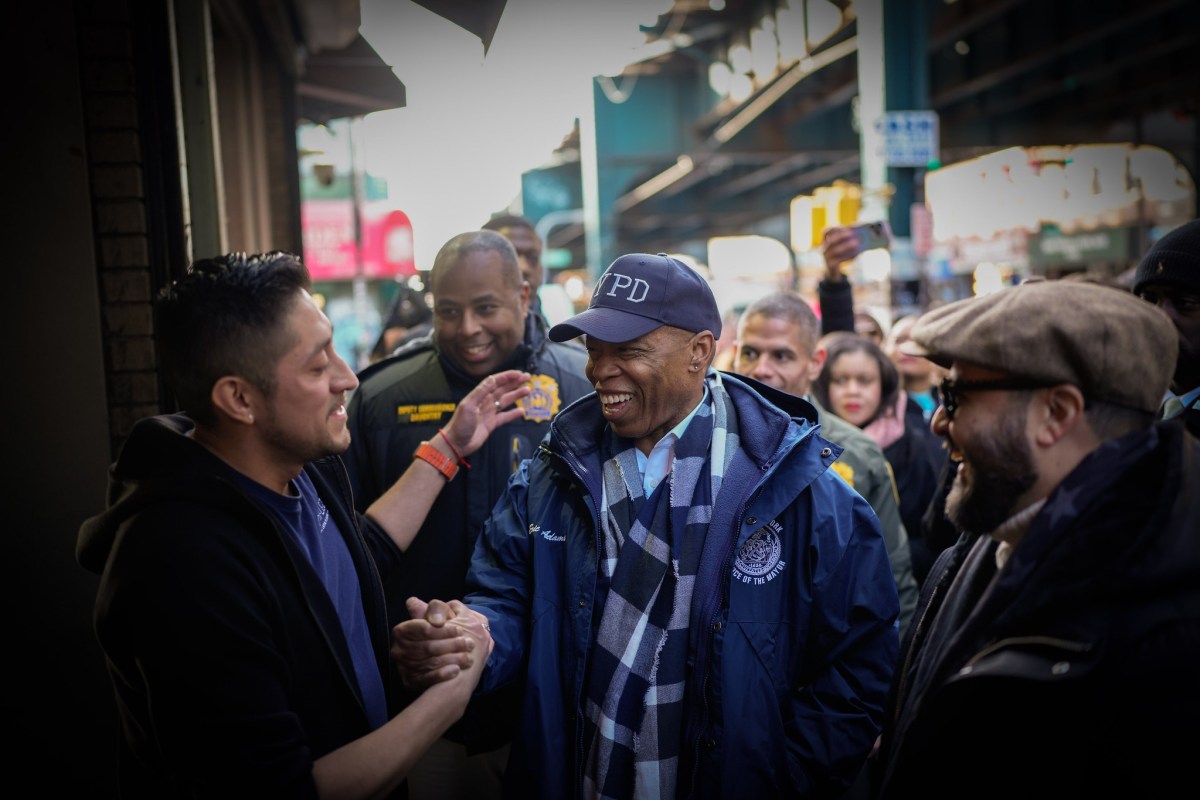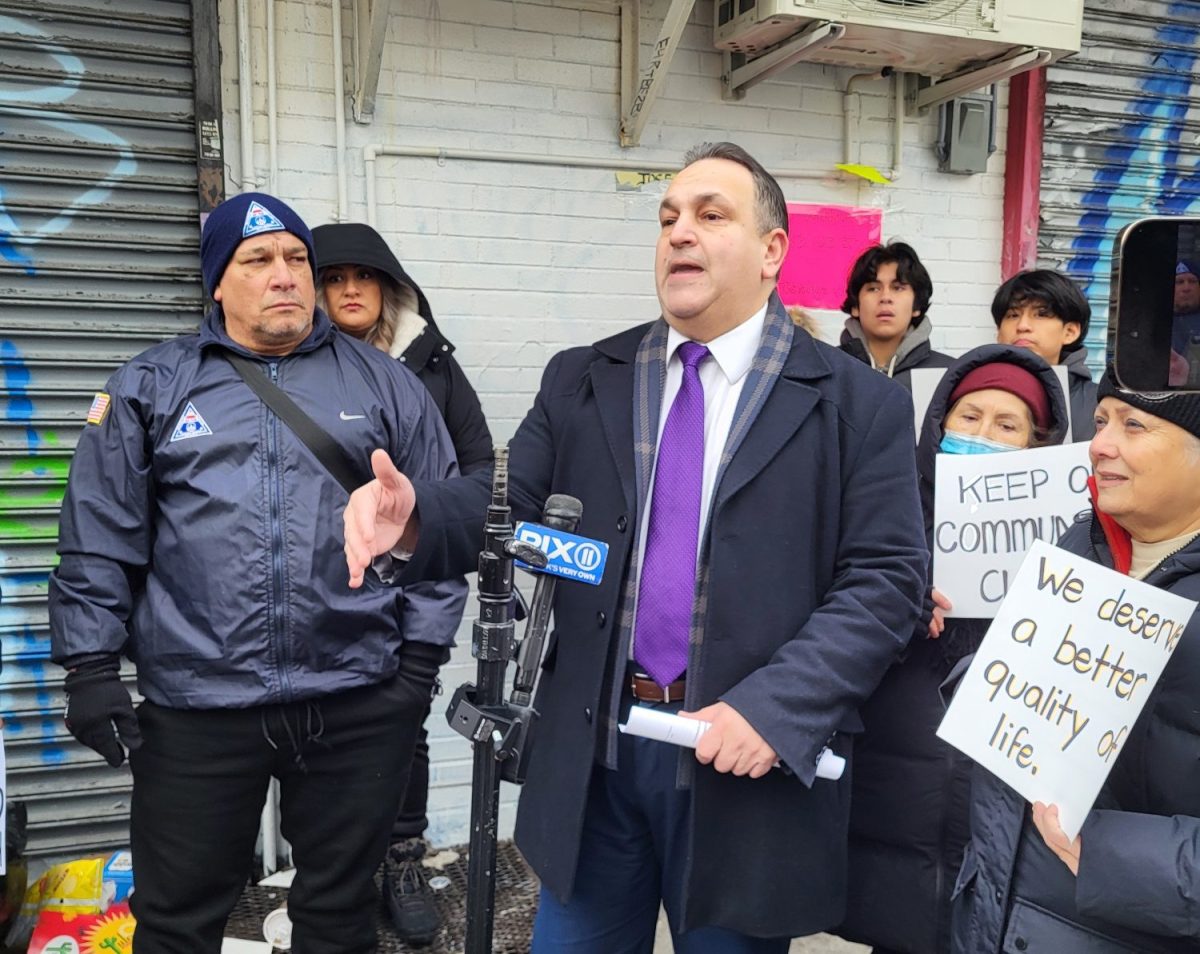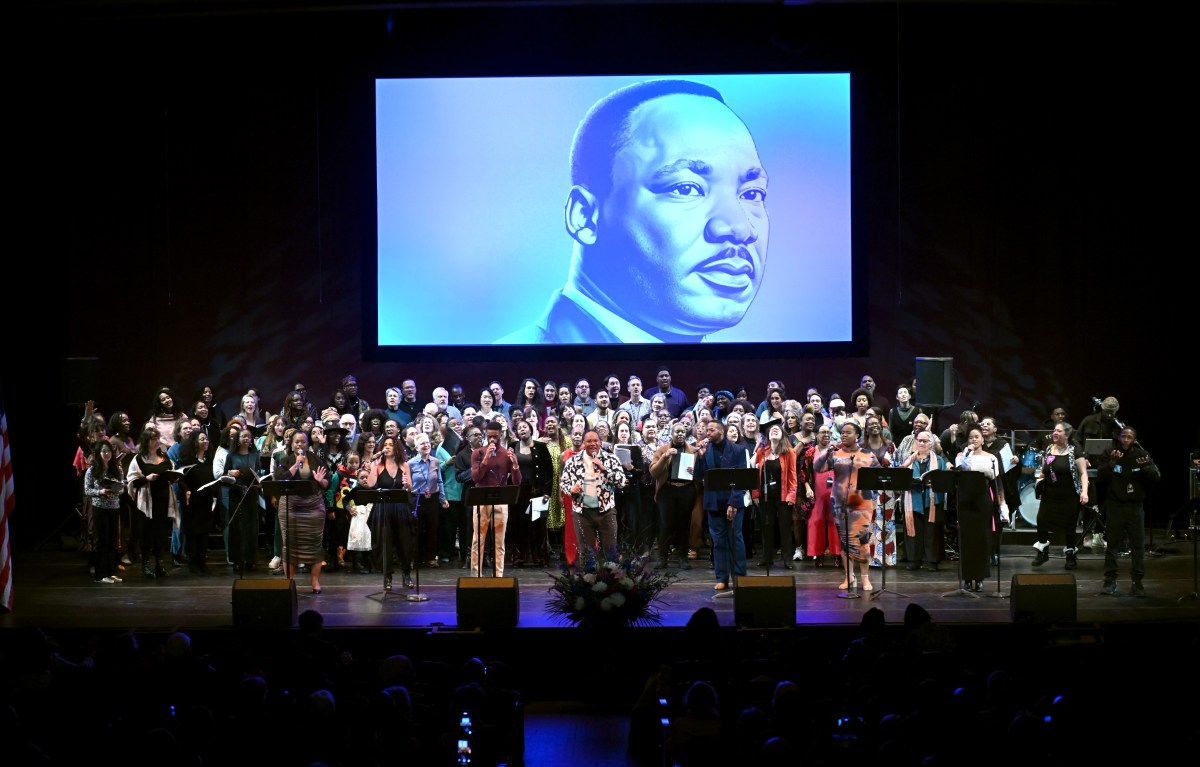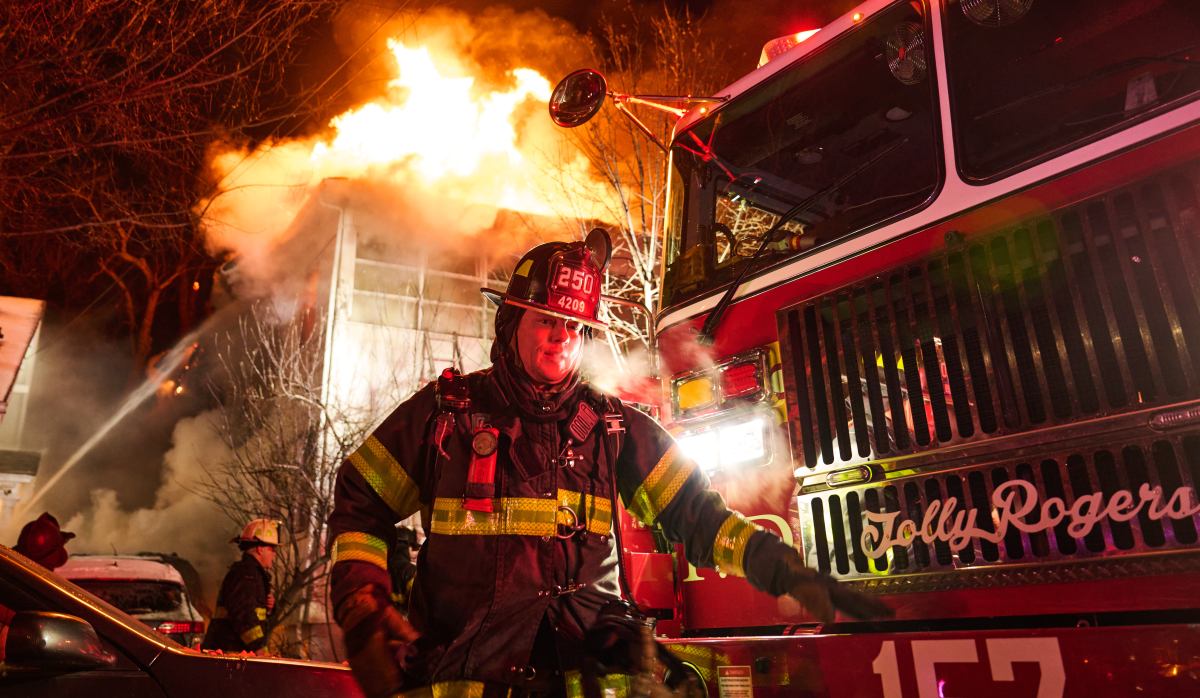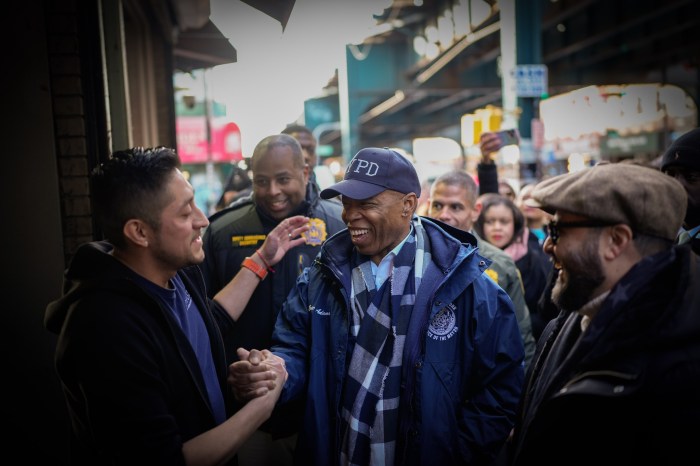
Kevin Louis gets to work to not earn a paycheck around 4 a.m. That’s when his shift starts, screening passengers and luggage with the Transportation Security Administration, and over the longest government shutdown in history, the 24-year-old hasn’t gotten paid.
So after work on Tuesday, he left work and came to the Barclays Center. He wasn’t there for a concert or a basketball game: the Food Bank For New York City was giving out groceries to federal workers.
He was far from alone. By the end of the afternoon, more than 600 people had visited the food bank set up in the lobby of the Nets’ arena, according to the nonprofit. There were bags of onions and potatoes, pasta and milk, even bottles of shampoo stacked in long rows. All grabbed up thankfully by federal workers flashing their work IDs, which for more than a month have been a badge of forced poverty.
Small wonder that Louis says morale at the agency is low. That has affected attendance, with the TSA saying that on Sunday 1 in 10 workers called out.
Walking out of the arena with heavy plastic bags of supplies dangled from his wrists, Louis said that of the 15 workers normally at the station where he was checking luggage on Tuesday, only eight showed. By the end they were down to six because other sections had even less staffing and needed help.
That’s the situation for NYC airport workers while an attempt at a political deal is only just floating in DC. Perhaps the partial shutdown will end sometime this week, a second paycheck hanging in the balance. Meanwhile, TSA agents and other government workers debate: Show up to a food bank even if you’d never asked for charity before in your life? And then show up to work the next day for a paycheck deferred?
Neil Callender, 54, clutching food bank bags, said he wouldn’t be calling out from his TSA post at Kennedy Airport, though he could understand people who did.
He had car payments. A daughter’s birthday. “It’s the little things,” says Callender.
Is he concerned that the TSA might be shorthanded, or that unpaid workers might be distracted while they scanned bookbags, laptops, jackets, arms and legs?
“People I work with, I put my life on them,” Callender said. “One bag at a time,” he says: that’s what his bosses stress at every briefing.
But it has not been an easy situation, no matter how much help comes from food banks or airport restaurateurs who give TSA employees free meals, or travelers who are on good behavior for once. The shutdown has resulted in vacations cancelled, concerns about MetroCards being refilled at the end of the month.
Or, for Sandra Rodriguez, 29, a smaller 30th birthday party.
Rodriguez, a TSA employee at LaGuardia, was thinking about skipping a big bash considering the monetary situation. She’d invite just a few other agents. They know how it is.
No surprise that the frustration can mount, and maybe you decide it’s not worth your while to get out of bed around 2 or 3 a.m. That was true for one Brooklyn agent who did not want to give her name because her superiors had cautioned against talking to the media. But this agent was angry. She set down her food bank bags to explain why.
Her husband had a job, they could survive on one income for a bit, but the uncertainty was grating. And while some passengers were nice, others were rude as always while she was trying to do her job, unpaid.
“I see it as volunteering,” she said. So yes, she had been calling out here and there, “for my sanity.”
Some days she’d drag herself to work, others she would stay in bed. “We don’t want to deprive anyone from traveling,” she said. But it was hard to do the job “wholeheartedly” as usual: “We feel, disrespected, that our dignity has been taken away.”
She was annoyed at national political leaders, concerned that if a real deal didn’t come soon she’d have to quit and look for different work: “Anything that doesn’t have to do with the government.”










